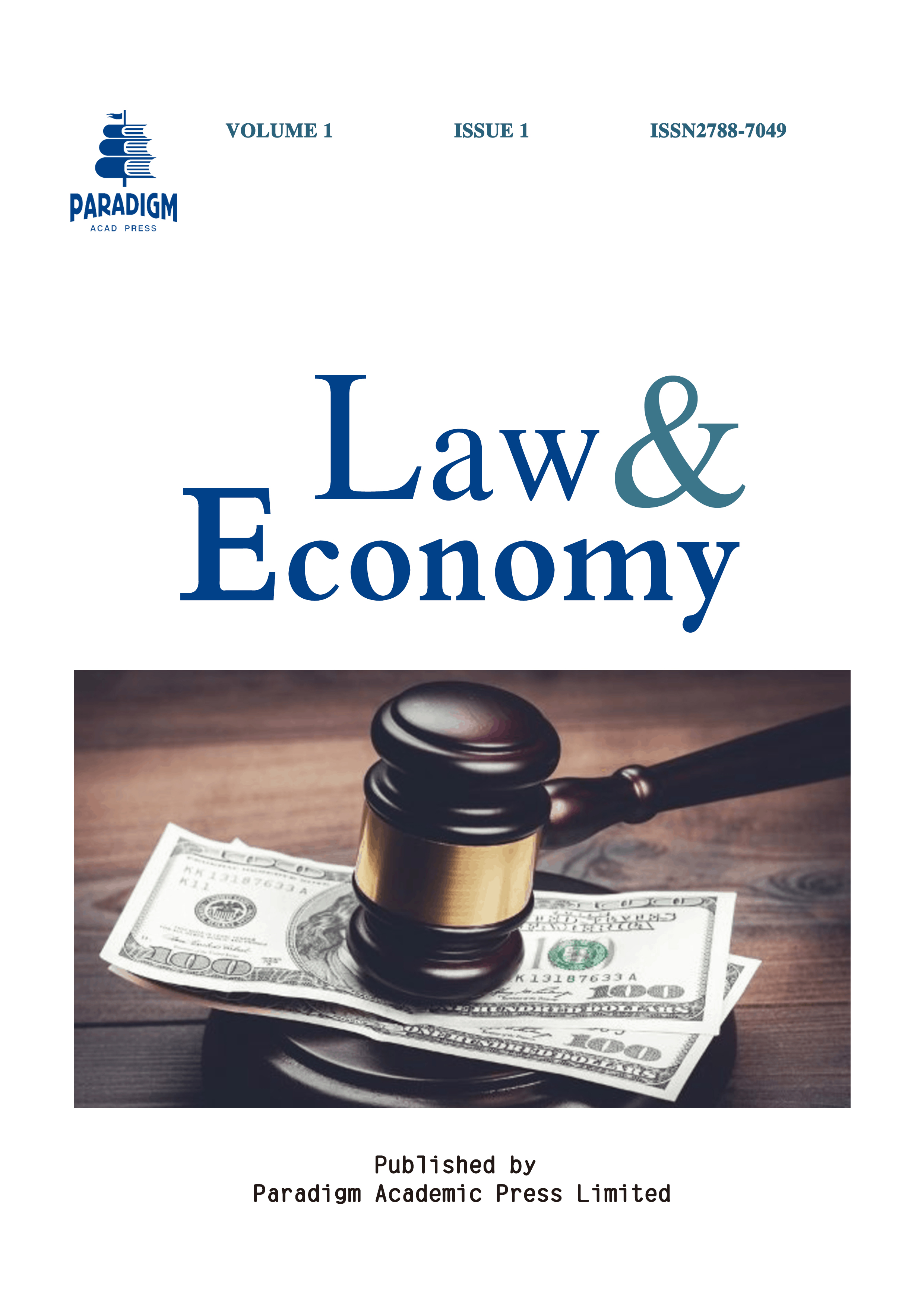The Interplay Between Celebrity Image Rights and the Tort of Passing off: An Examination of the Rihanna v Topshop Case and Its Implications
Keywords:
celebrity image rights, goodwillAbstract
In the era of globalization, the acts of counterfeiting and infringement against celebrities have occurred all over the world. The “classic trinity” test, established by Lord Oliver in the Jif Lemon case, is widely regarded as the most reliable method for proving a passing-off allegation. To succeed, the claimant must demonstrate the following three elements: goodwill, misrepresentation, and damage or the likelihood of damage. This article delves into the intersection of celebrity image rights and the tort of passing off within the UK legal framework. This article highlights the challenges celebrities face in protecting their likeness in the absence of a codified image right in the UK, contrasting this with the broader approach seen in the United States. Additionally, it examines the necessity for celebrities to establish local goodwill to succeed in passing-off claims, as evidenced by the Starbucks (HK) Ltd v British Sky Broadcasting Group Plc case. The paper emphasizes the delicate balance between free competition and protection against unfair competition, illustrating the complexities involved in enforcing celebrity image rights through passing off.


